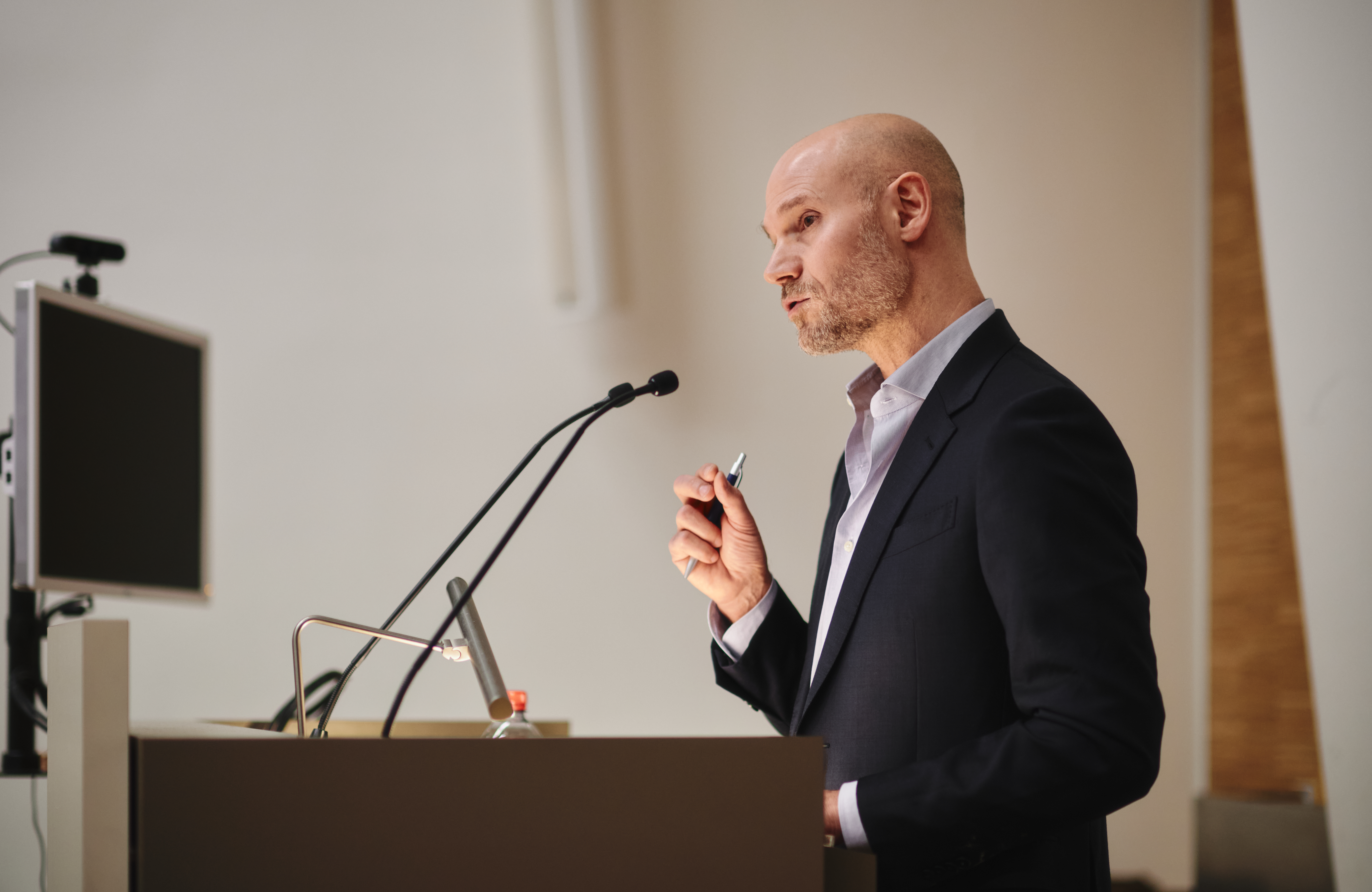Kant-Jahr 2024
Öffentlicher Vortrag zur Eröffnung des Kant-Jahres 2024
Omri Boehm: Humanismus als Herausforderung
Mit einem Grußwort von Prof. Dr. Julia Peters und unter Beteiligung Studierender.
25. Januar 2024, Neue Uni HS 14
Beginn: 18:00 mit anschließendem Empfang im Kantsaal des Philosophischen Seminars, Schulgasse 6.
Gefördert von der Stiftung Universität Heidelberg
Der Vortrag findet auf Englisch statt, die Diskussion auf Englisch und Deutsch.
Im Jahr 2024 feiern wir den 300. Geburtstag von Immanuel Kant. Das Heidelberger Seminar hat eine lange und ehrenvolle Tradition in der Kantforschung: 2024 ist gleichzeitig das 200. Geburtsjahr des bedeutenden Kant-Interpreten Kuno Fischers, der in Heidelberg lehrte; Wilhelm Windelband, Begründer der Südwestdeutschen Schule des Neukantianismus war Professor in Heidelberg; hinzu kommen so bedeutende Kant-Forscher wie Heinrich Rickert oder Dieter Henrich.
Doch die Philosophie Kants und ihre Wirkungsgeschichte ist für uns nicht nur von musealem Interesse. Das Heidelberger Philosophische Seminar ist aktiv in der aktuellen Kantforschung und veranstaltet regelmäßig thematisch einschlägige Vorträge und Workshops mit international renommierten Expert*innen, wie bspw. bei einer Tagung zu Kants und Fichtes praktischer Philosophie.
Darüber hinaus wollen wir das Jubiläum zum Anlass nehmen, ganz grundsätzlich und über die akademische Diskussion hinaus zu fragen: Was hat uns Kant heute noch zu sagen? Wir freuen uns sehr, Omri Boehm als Gast und Gewährsmann für die Aktualität Kants gewonnen zu haben. Der mehrfach ausgezeichnete Philosoph hat in seinem letzten Buch eine vielbeachtete Verteidigung des kantischen Universalismus vorgelegt, den er als „radikalen Universalismus“ liest: d.h., als eine normative und metaphysische Lehre, die dem einzelnen Menschen vor die Herausforderung stellt, seine individuell beschränkte Perspektive zu transzendieren, und nach der universellen, zeitlosen Gültigkeit unserer historisch und kulturell bedingten Gesetze und Regeln zu fragen. So verstanden, schlägt Boehm vor, kann der kantische Universalismus ein wirksames Mittel sein gegen die zunehmende Polarisierung und Verhärtung von Positionen in unseren öffentlichen Debatten.
Diesen Ansatz hat er im laufenden Semester in einer Seminarreihe mit Studierenden in Heidelberg diskutiert. Die gemeinsame Arbeit kulminiert in einem öffentlichen Vortrag zum Thema „Humanismus als Herausforderung“, bei dem auch die Studierenden zu Wort kommen werden. Wir freuen uns und sind stolz, durch diese Veranstaltungsreihe dazu beitragen zu können, dass Kants unbedingte Zuversicht in die Kraft der Vernunft auch im Jahr 2024 lebendig bleibt.






Fotos: Christoph Bastert
Zur Person Omri Boehm:


